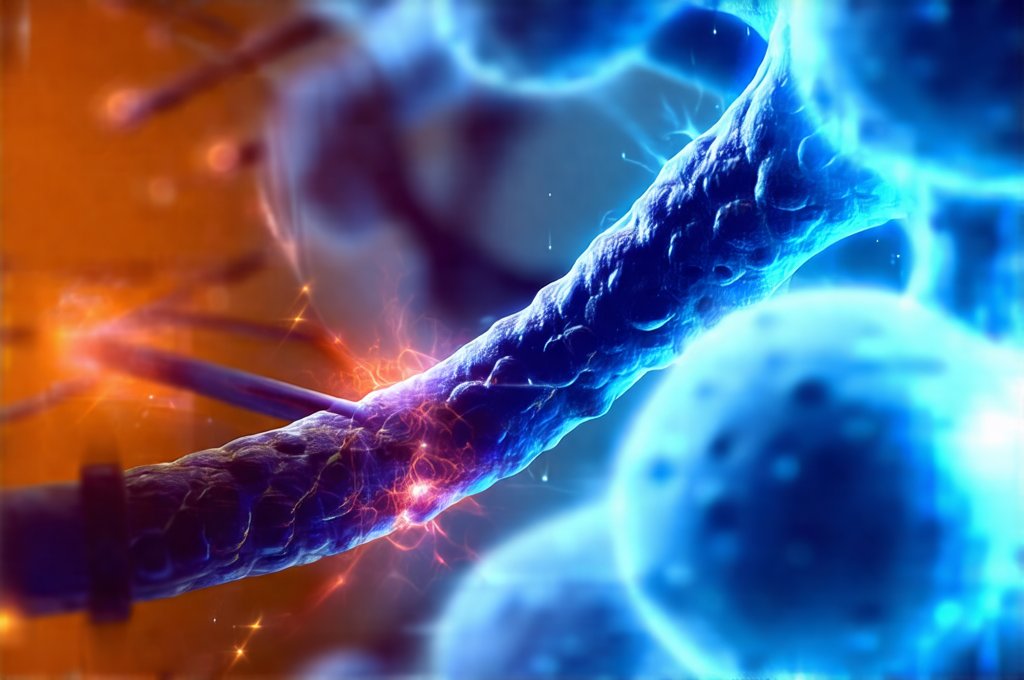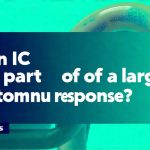Interstitial Cystitis (IC), also known as painful bladder syndrome, presents a significant challenge for those who experience its debilitating symptoms – frequent urgency, pelvic pain, and discomfort that can profoundly impact quality of life. While the exact cause remains elusive, it’s widely accepted that IC isn’t simply a bladder problem; it often involves complex interactions between neurological, immunological, and psychological factors. This means traditional treatments, while helpful for some, don’t always provide complete relief, leaving many individuals seeking alternative or complementary strategies to manage their condition. Understanding the potential link between stress, the body’s natural response to challenges, and IC flare-ups is becoming increasingly important in holistic care approaches.
The connection stems from the intricate relationship between the mind and body. Chronic stress can dysregulate the nervous system, heighten inflammation, and alter immune function – all factors that are implicated in the development and exacerbation of IC symptoms. Moreover, individuals living with chronic pain often experience heightened levels of stress because of their condition, creating a vicious cycle where pain leads to stress which then worsens pain. This is where stress-management techniques come into play, not as a cure for IC, but as a powerful tool to potentially reduce flare frequency and severity, and improve overall well-being. Exploring how these techniques might influence the physiological and psychological components of IC is crucial for developing more effective management strategies.
The Stress-IC Connection: A Deeper Dive
The pathophysiology of IC remains an area of active research, but several theories point to a strong connection with stress. One prominent theory focuses on the neurogenic bladder hypothesis, which suggests that abnormal nerve signals in the bladder cause pain and urgency. Chronic stress can amplify these nerve signals*, making them more sensitive and contributing to symptoms. Furthermore, elevated cortisol levels – the hormone released during stressful periods – can impact immune function, potentially leading to inflammation within the bladder lining. This is significant because IC is often associated with signs of chronic inflammation. Research suggests that individuals with a history of trauma or significant life stress may be at higher risk for developing IC, hinting at a link between early-life stress and the development of the condition.
Beyond the physiological effects, psychological factors play a substantial role. The constant anticipation of pain and urgency can lead to anxiety and depression, creating a feedback loop that intensifies symptoms. This is where the concept of “pain catastrophizing” becomes relevant – the tendency to dwell on negative aspects of pain, amplifying its perceived intensity and impact. Stress-management techniques aim not only to reduce physiological stress responses but also to address these psychological components, helping individuals develop coping mechanisms to manage their anxiety and improve their emotional resilience. It’s important to remember that IC is rarely a purely physical illness; it’s often intertwined with emotional and mental health.
Stress can also impact lifestyle factors that influence IC symptoms. For example, stress might lead to poor sleep habits, changes in diet, or reduced physical activity – all of which can contribute to flare-ups. Conversely, incorporating stress-reducing activities into daily life can promote healthier lifestyle choices, further supporting overall well-being and potentially mitigating IC symptoms. This holistic approach recognizes that managing IC effectively requires addressing the interconnectedness of physical, emotional, and lifestyle factors.
Stress-Management Techniques & Potential Benefits for IC
A wide range of stress-management techniques have shown promise in helping individuals cope with chronic pain conditions. These include mindfulness meditation, deep breathing exercises, progressive muscle relaxation, yoga, tai chi, cognitive behavioral therapy (CBT), and biofeedback. Mindfulness meditation involves focusing on the present moment without judgment, which can help reduce anxiety and improve emotional regulation. Deep breathing exercises activate the parasympathetic nervous system – the “rest and digest” response – counteracting the effects of stress. Progressive muscle relaxation involves systematically tensing and relaxing different muscle groups to promote physical relaxation.
CBT is a particularly valuable tool for IC management, as it helps individuals identify and modify negative thought patterns that contribute to pain catastrophizing and emotional distress. Biofeedback teaches individuals to control physiological responses such as heart rate and muscle tension, providing them with greater agency over their bodies. While research specifically focused on stress-management techniques and IC flares is still emerging, studies in other chronic pain conditions demonstrate significant benefits. For example, CBT has been shown to reduce pain intensity and improve functional capacity in individuals with fibromyalgia and chronic back pain – conditions that share similar neurobiological mechanisms with IC.
Importantly, the most effective approach often involves a combination of techniques tailored to individual needs and preferences. There isn’t a “one-size-fits-all” solution; what works for one person may not work for another. The key is to experiment with different methods and find those that resonate best, integrating them into daily routines as proactive strategies for managing stress and preventing flare-ups.
Exploring Specific Techniques
Mindfulness & Meditation: Practicing mindfulness can help individuals become more aware of their body’s signals, including early warning signs of a potential flare-up. This increased awareness allows for timely intervention – such as adjusting activity levels or practicing relaxation techniques – to potentially minimize the severity of symptoms. Regular meditation has also been linked to reduced cortisol levels and improved immune function, both of which could be beneficial in managing IC. – Begin with short sessions (5-10 minutes) and gradually increase duration as comfort level grows. – Utilize guided meditations specifically designed for pain management or stress reduction. – Consistency is key; aim to incorporate mindfulness into daily routines.
Cognitive Behavioral Therapy (CBT): CBT for IC typically focuses on identifying and challenging negative thought patterns related to pain, urgency, and anxiety. It also teaches coping skills to manage symptoms and improve functional capacity. A therapist trained in CBT can help individuals develop more adaptive ways of thinking about their condition and reduce the emotional impact of flares. – CBT sessions may involve techniques such as cognitive restructuring (challenging negative thoughts), behavioral activation (engaging in enjoyable activities), and problem-solving skills training. – Look for a therapist experienced in working with chronic pain conditions, specifically IC if possible.
Pelvic Floor Rehabilitation & Stress Reduction: Pelvic floor dysfunction is often present alongside IC, contributing to symptoms. Combining pelvic floor physical therapy with stress management techniques can be particularly effective. Stress can cause tension in the pelvic floor muscles, exacerbating pain and urgency. Relaxation exercises, deep breathing, and mindfulness can help release this tension, while pelvic floor rehabilitation strengthens and coordinates these muscles for improved bladder control and reduced discomfort. – A qualified pelvic floor therapist will assess muscle function and develop a personalized treatment plan. – Stress-reduction techniques complement physical therapy by reducing overall tension and promoting healing.
It’s crucial to emphasize that stress management isn’t a replacement for conventional IC treatments, such as medication or physical therapy. Instead, it’s an adjunct approach – a complementary strategy to enhance the effectiveness of other therapies and improve overall quality of life. Individuals with IC should continue to work closely with their healthcare providers to develop a comprehensive treatment plan that addresses all aspects of their condition. Additionally, remember that seeking support from others – through support groups or counseling – can be invaluable in navigating the challenges of living with chronic pain. Can women prevent UTIs with hygiene alone? might also provide useful insight for some patients. Also, considering lifestyle factors such as can water intake prevent UTIs in women? may be helpful to overall wellness. Lastly, those experiencing chronic pain may find it beneficial to explore can medications prevent future episodes of hematuria?.





















